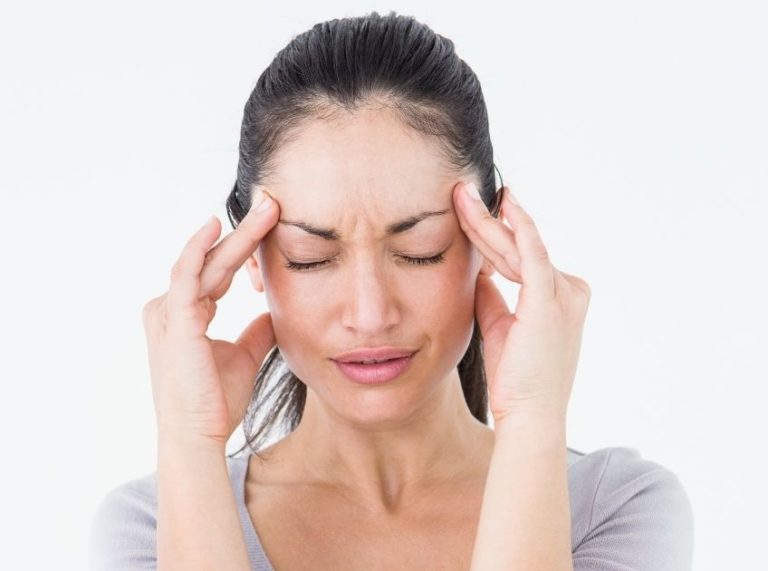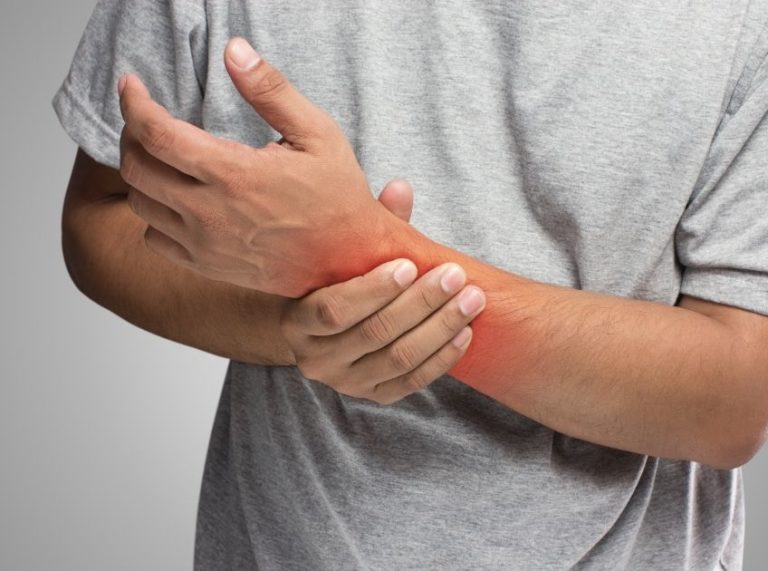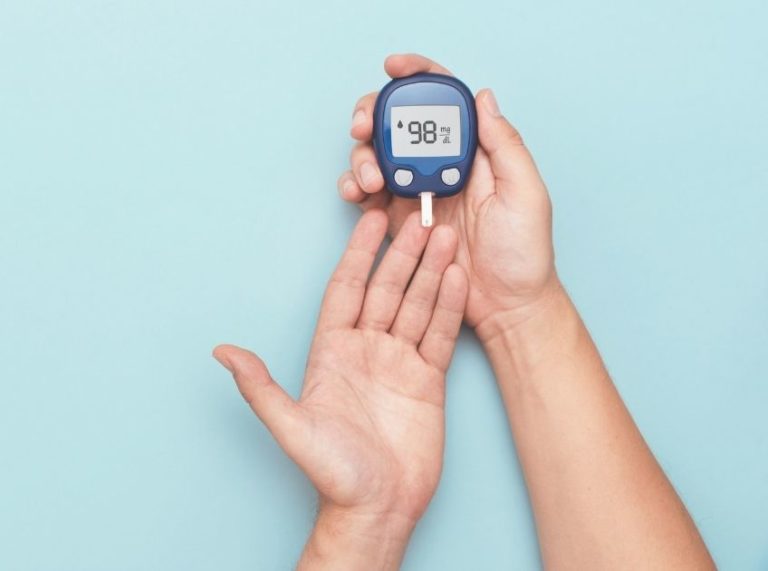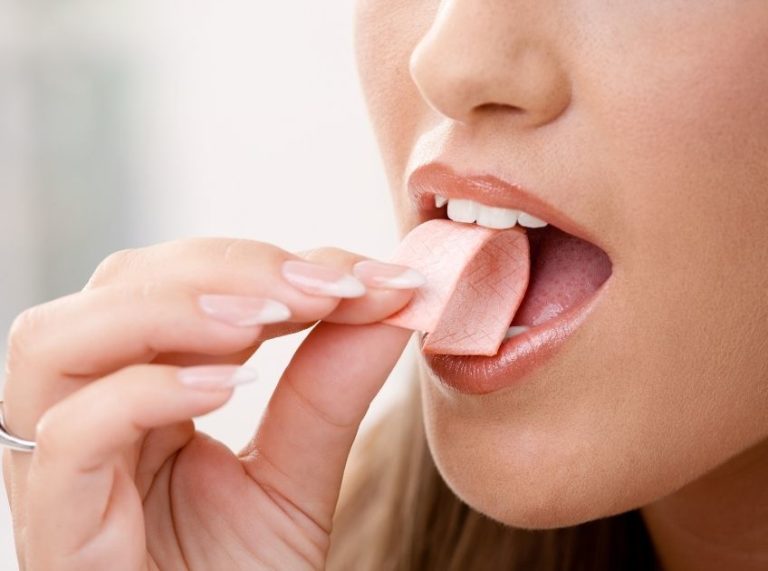
Important: This article is for informational purposes only. Please read our full disclaimer for more details.
Hydroxyzine is a prescription medicine used to treat conditions such as nausea and vomiting, allergic reactions, and anxiety. If the doctor has prescribed hydroxyzine and you are wondering how long hydroxyzine stays in your system, the article will help.
Keep reading!
Article Contains
- How Does Hydroxyzine Work?
- How Long Does Hydroxyzine Last?
- Half-life of Medicine
- Does Hydroxyzine Stay In The System
Of Adults More Than Children? - How Long Does Hydroxyzine Stay In The
System Based On Its Mode Of Intake? - Are There Any Side Effects Of Hydroxyzine?
- When To Avoid Hydroxyzine?
- What Are The Best Alternatives To Hydroxyzine?
How Does Hydroxyzine Work?
As you consume hydroxyzine, it attaches to histamine receptors, the binding sites in the body. Once attached, it produces a calming effect, calms anxiety, and provides relief from itching and inflammation due to allergies.
How Long Does Hydroxyzine Last?
Hydroxyzine is an antihistamine (1). It is used in two forms: Hydroxyzine hydrochloride (HCL) and hydroxyzine pamoate.
As you consume the prescribed dose of this medication, it will start working within 15 to 20 minutes. However, it may depend on two factors-
- Dosage of hydroxyzine
- How the body absorbs it
A study revealed that the effects of hydroxyzine can last for up to four to six hours. And, its dose gives maximum effect in about 2 hours.
Here, it is important to understand the half-life of a drug, which gives an idea about how long hydroxyzine stays in the system.
Half-life of Medicine
A drug’s half-life indicates the time it takes to reduce by half in the body. It can range from a few hours to a few days, depending on how the body processes the drug. It takes 4 to 5 half-lives for a drug to clear from the body.
The half-life of hydroxyzine ranges from 14 to 25 hours (2). Thus, after the last dose of this drug, it can stay in the body for about 70 to 125 hours (around five half-lives).
However, remember that the effect of hydroxyzine won’t last for more than 5 to 6 hours. After that, even though its effect decreases, it still stays in the system.
Since hydroxyzine is used to reduce certain allergic reactions like inflammation and itching, these symptoms may stay suppressed for up to four days.
In a nutshell, how hydroxyzine processes and stays in the body can be understood through the following points-
- Starts working within 15 minutes
- Reaches maximum effects in about 2 hours
- The effects wear off after about 6 hours
- Clears from the body after about 125 hours after the last dose
Since its effects subside in six hours, hydroxyzine is prescribed to be taken 3 to 4 times a day.
Does Hydroxyzine Stay In The System Of Adults More Than Children?
Even though the half-life of hydroxyzine is between 14 and 25 hours, it may leave the body earlier in children than in adults. This is mainly because the dose prescribed to children is less than that of elders (3).
At the same time, people with impaired kidney and liver function may have longer half-life.
How Long Does Hydroxyzine Stay In The System Based On Its Mode Of Intake?
Hydroxyzine is available in 4 different forms with different dosages as indicated-
- Oral tablets
- Oral capsules
- Oral solution
- Injection
The dose of these forms varies among people of different ages and health issues. For instance, adults dealing with anxiety are given 50 to 100 mg of hydroxyzine as an injection or orally every six hours. However, in children, the dose depends on their age and weight.
Once administered, hydroxyzine is readily absorbed from the gastrointestinal tract, reaching its maximum in approximately 2 hours.
Are There Any Side Effects Of Hydroxyzine?
Hydroxyzine is an antihistamine. Even though it is safe for both adults and children when taken in the prescribed dose, some people may experience side effects such as
- Dry mouth
- Drowsiness
- Dizziness
- Weakness
- Impaired coordination
- Speech problems
- Headache
- Agitation
- Bitter taste in the mouth
- Nausea
These symptoms may vary and keep coming and going until the hydroxyzine stays in your system- either in active or inactive form. If any of them become severe, you are advised to visit your healthcare provider immediately. Some serious side effects of the drug include the following-
- Severe allergic reaction- anaphylaxis
- Heart rhythm disorder- QT prolongation
When To Avoid Hydroxyzine?
Since hydroxyzine is a prescription medicine, it is recommended to take it only as directed, or else it can cause adverse reactions. It is important to tell your medical condition, medical history, and family history to the doctor because hydroxyzine can interact with certain drugs.
Besides, hydroxyzine is prescribed with caution for people –
- With heart rhythm condition and asthma
- Taking certain drugs
- Consume alcohol
- Older age
What Are The Best Alternatives To Hydroxyzine?
If the body is showing any side effects due to hydroxyzine consumption, it is better to seek alternatives as per the advice of your healthcare provider. Being a first-generation antihistamine, it is likely to cause certain adverse effects.
In such cases, your doctor may prescribe newer antihistamines such as Allegra and Xyzal that pose little adverse effects to the body.
Conclusion
Hydroxyzine is an antihistamine and is highly effective in treating anxiety and itching due to allergies. It is also used to treat insomnia (4). While the dose starts working within 15 minutes and becomes most effective in 2 hours, how long hydroxyzine stays in your system depends upon its half-life, which is regulated by dosage and how the body processes it.
Generally, it stays in the system for a maximum of 125 hours after the last dose.
You Might Also Like:
- How Long Does Acid Reflux Take To Heal?
- How Long Does Clindamycin Cream Stay In Your System?
- How Long Does It Take for Turmeric to Work?
- 5 Minute Workout to Lose Belly Fat at Home
- 10 Quick Exercises To Get Rid Of Your Double Chin
- How Long Should You Wait To Workout After Getting A Tattoo?
- How To Get Rid of Open Pores Naturally at Home?
- 10 Most Effective Home Remedies For Sagging Breast

















